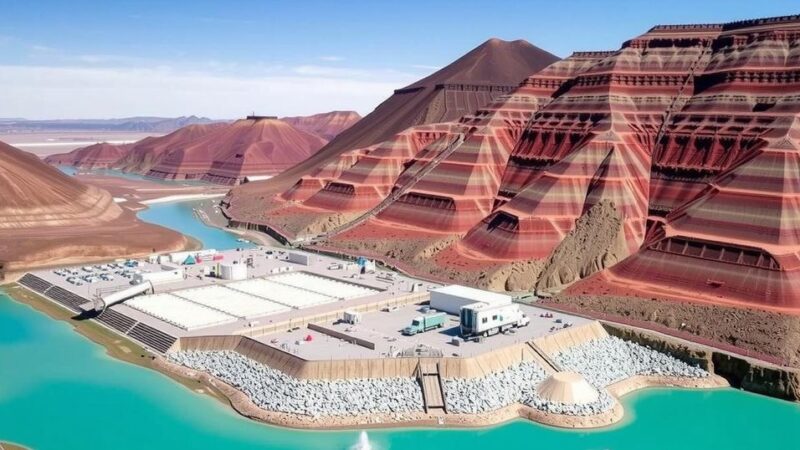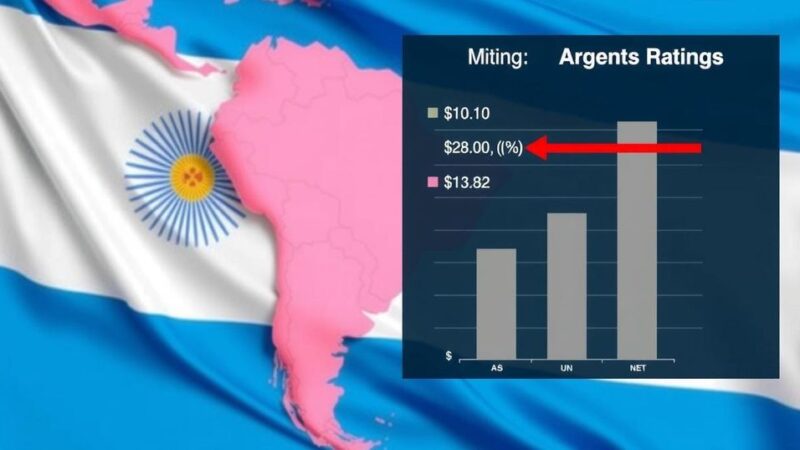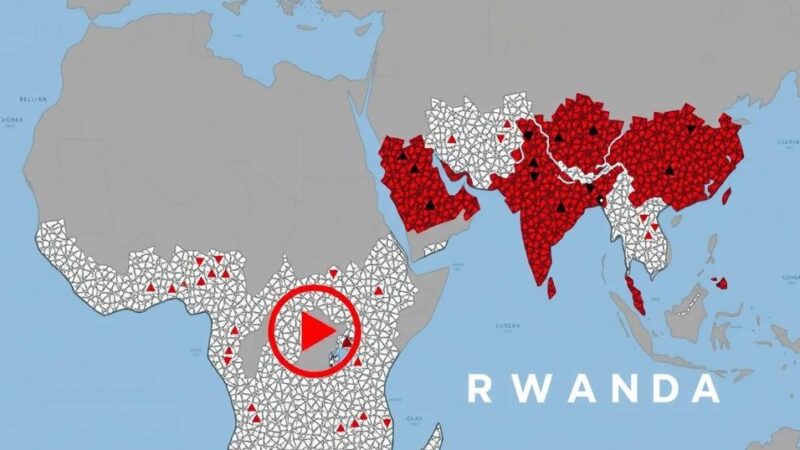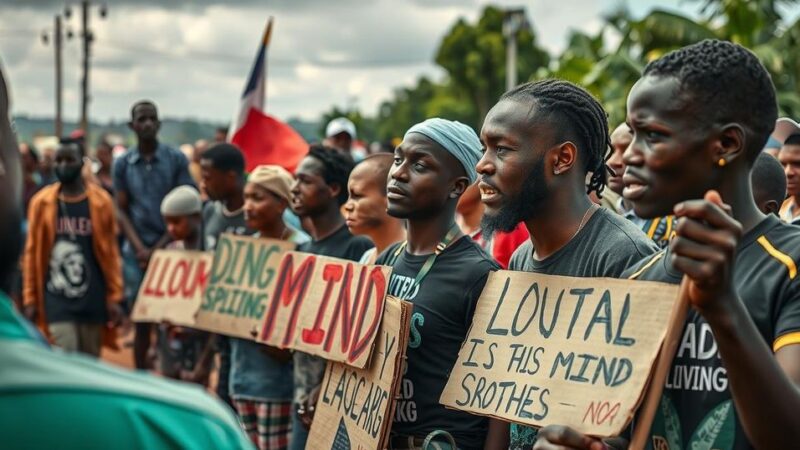The DRC is suing Apple over the alleged use of conflict minerals in its supply chain, as part of a broader effort to combat the exploitation of resources from conflict-affected areas. Major tech companies have faced scrutiny regarding their sourcing practices, with calls for accountability rising. The trial may signal a shift towards greater transparency and ethical standards in the industry.
The Democratic Republic of Congo (DRC) is initiating a landmark legal case against Apple regarding the use of conflict minerals in its supply chain. This legal pursuit shines a spotlight on the ongoing issues of mineral exploitation in Central Africa, particularly concerning minerals such as tantalum, tin, tungsten, gold, cobalt, coltan, and lithium. These resources are key components in modern technology, including smartphones and electric vehicle batteries, prevalent in the African Great Lakes region, especially eastern DRC. Global Witness has documented how such minerals are utilized by major corporations, including Apple, despite claims of compliance with ethical sourcing standards. The ongoing trial in France and Belgium may signal a pivotal moment in the campaign to enhance scrutiny of multinational companies further and foster meaningful changes in the sourcing of conflict minerals. Gregory Mthembu-Salter, a researcher on Africa’s political economy and a former UN consultant, underscores the importance of this case amidst increasing calls for greater corporate accountability in sourcing practices.
The concept of ‘conflict minerals’ refers to specific minerals sourced from regions impacted by conflict and human rights abuses, primarily affecting various countries in Central Africa. The OECD has identified these minerals as critical for major industries, including technology and automotive sectors. The DRC is rich in these resources, leading to problematic mining practices that often exploit local communities. The emergence of NGOs like Global Witness reflects a growing concern for ethical mining and transparency in supply chains, prompting legal actions against large corporations that may inadvertently or otherwise engage in these exploitative practices.
The case of the Democratic Republic of Congo against Apple represents a crucial moment in the global discourse surrounding the ethics of mineral sourcing. As consumers and governments increasingly demand accountability, this legal challenge may catalyze a broader movement towards more responsible practices within the tech industry. With substantial evidence indicating the link between multinational corporations and conflict minerals, this trial could lead to essential reforms in how companies conduct their business and source their materials.
Original Source: www.rfi.fr







